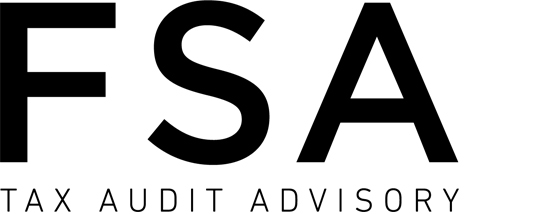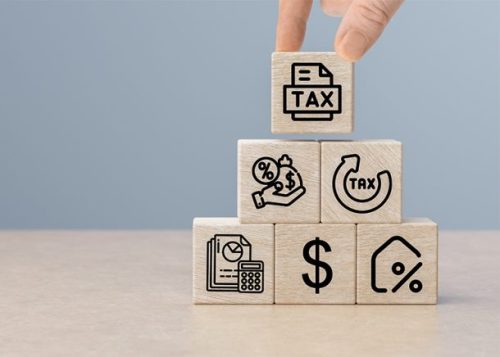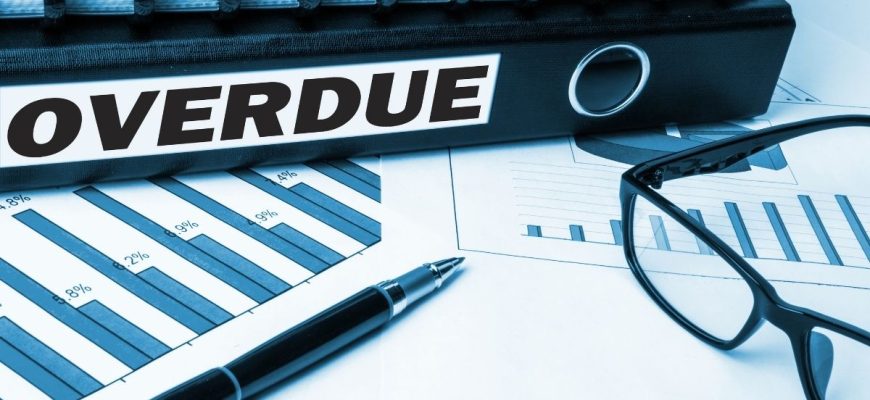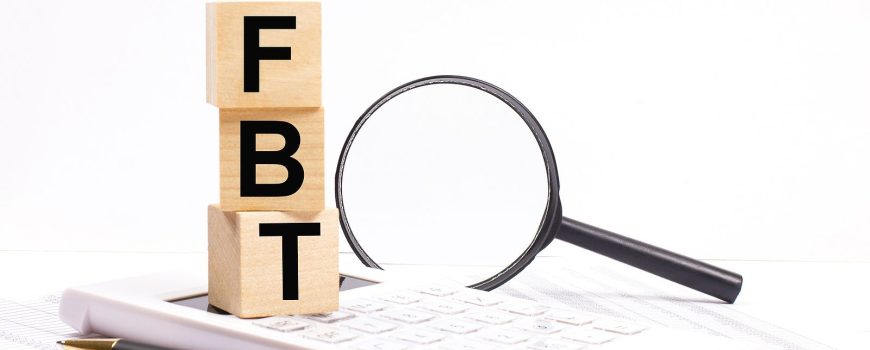Companies with an income year that ended on 30 June 2023 must register their Research and Development (R&D) activities with AusIndustry by 30 April 2024. Requests for an extension of 14 days (or less) made before the deadline will be approved.
What’s the benefit?
The R&D Tax Incentive can provide a substantial benefit depending on the company’s turnover as follows:
- Less than $20 million turnover – Access up to a 43.5% cash refund on eligible R&D expenditure incurred in the 2023 income year
- Greater than $20 million turnover – Access a tax saving between 8.5% and 16.5% on eligible R&D expenditure incurred in the 2023 income year
A wide range of R&D expenditure can qualify under the program, including salaries, consultants, materials and overheads such as rent and electricity.
Who can apply?
The R&D Tax Incentive is an industry wide program open to all companies developing new or improved products, processes or services. This includes companies in the following sectors:
- Food and beverage
- Manufacturing
- Technology
- Agribusiness
- Biotech and MedTech
Next steps – Contact FSA
If you are considering submitting a 2023 income year R&D claim, it is important to seek advice as soon as possible in the lead up to the 30 April 2024 application deadline. Our R&D Tax and Government Incentives specialist consultants can help you assess your R&D activities and navigate the application process.










